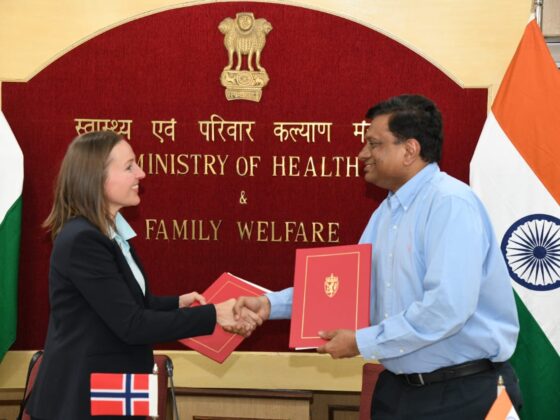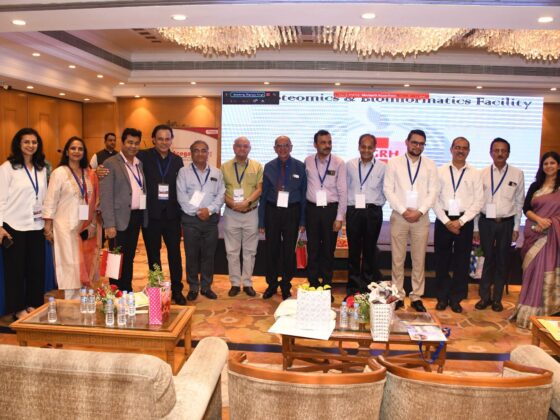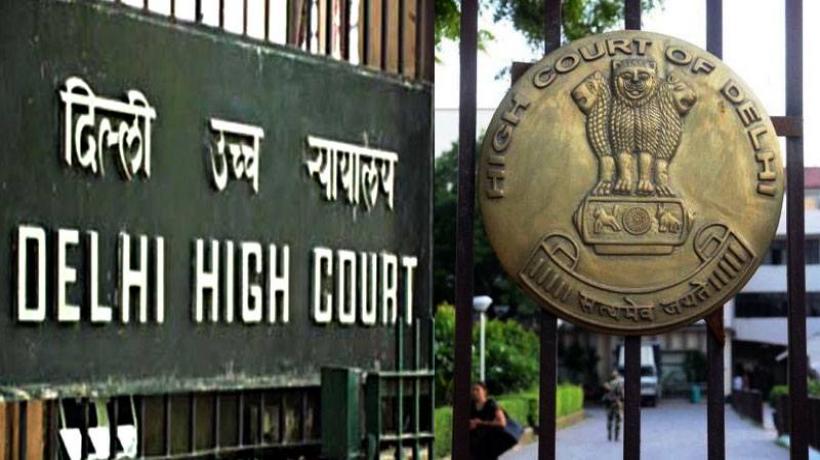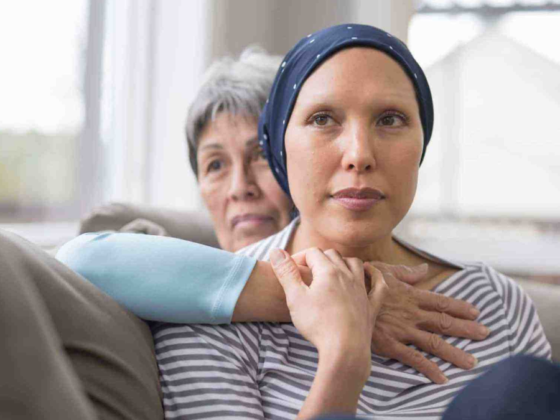The issue of diabetes, specifically among young people in India, has seen a drastic increase. Health care professionals and policymakers are noting with concern the worrying trend, and beginning to closely assess the reasons behind this spike.
Root Causes of the Rising Diabetes Rates in Young Individuals
A leading culprit for the diabetes outbreak among the Indian youth is the unhealthy eating habits accompanied by inactive lifestyles. With fast-food and processed snacks becoming more accessible, young people are often consuming substantial amounts of sugars, unhealthy fats and refined carbohydrates. This lifestyle, stationary in nature, coupled with an inadequate amount of exercise, is significantly contributing to an early onset of diabetes.
How Genetic Factors Are Contributing To Spike In Diabetes Cases
Genetics are another important factor in the rise. Research indicates that the risk of contracting diabetes is higher if there’s a family history of the condition. This genetic susceptibility, infused with external influences like diet and lifestyle, can boost the chances of diabetes development in young people.
Lack of Knowledge and Early Detection
The rise in diabetes is further compounded by a general lack of awareness and early detection amongst the population. There’s a lack of understanding about diabetes risk factors and the importance of regular health examinations, leading to late-stage diagnoses and severe complications.
Effects of Urbanization and Stress
The increasing urbanization of India is also contributing to the problem. Urban areas are often polluted, lack green spaces, and have a faster-paced lifestyle that, in turn, increases stress levels among young individuals. This constant stress has ties to insulin resistance and raises the risk of diabetes.
Barrier to Managing Diabetes in Young People
Some of the platforms where we are failing to manage diabetes among the youths are:
Managing diabetes is a challenge, particularly where access to healthcare services is restricted, as often found in rural regions. Young people might have irregular access to healthcare facilities or face financial burdens that impede medical treatments, hindering early detection and efficient diabetes management.
Stigma and Support: There’s also a social barrier to managing diabetes due to the stigma. Young people may hesitate to seek help or disclose their diabetes status because of prevailing stereotypes. By fostering a strong support network and raising diabetes awareness, this stigma can be reduced and better management of the condition can be promoted.
Empowering the Youth through Education: In response to this emerging diabetes trend among young Indians, there is a pressing need for extensive education and awareness campaigns. By giving young people the tools to choose healthier lifestyles, recognise early diabetes symptoms and understand the relevance of regular checks, the outbreak can be stemmed and overall health boosted.











